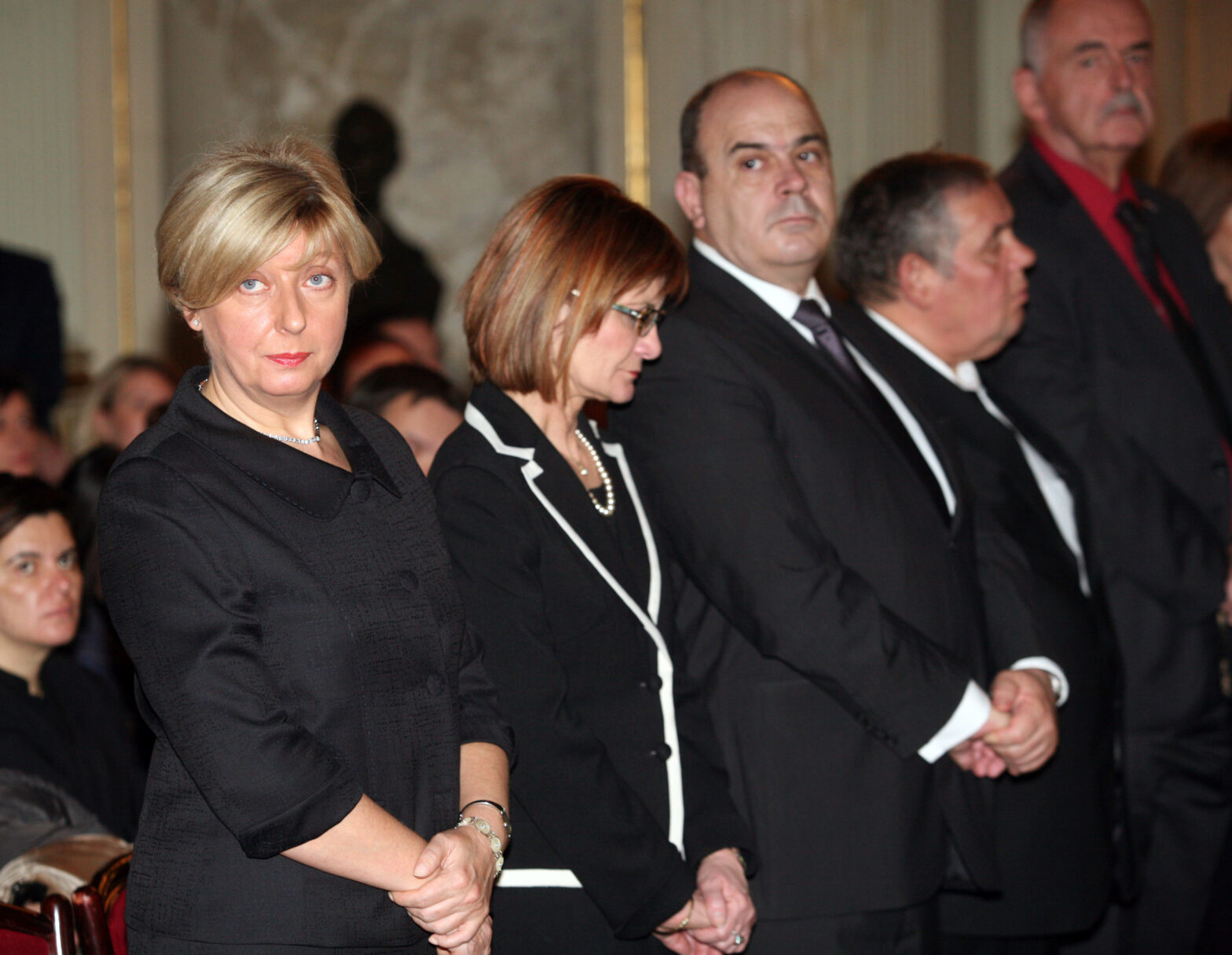The Constitutional Court on Monday rejected a request by a civil society group that objects to leasing Croatia’s motorways to ban the government and transport ministry from taking any further steps in this regard until the results of a referendum are made known, stating that there are no grounds for the Constitutional Court to act in this matter.
In November 2014 the civil society group presented parliament with more than 530,000 signatures for a petition calling for a referendum against leasing Croatia’s motorways and at the same time submitted a request to the Constitutional Court to temporarily suspend that procedure.
In December Parliament committed the government to check the number and credibility of the signatures collected, however, it has still not made any decision on whether it will request the Constitutional Court to see if the proposed referendum question is in compliance with the Constitution and if all prerequisites have been met to call a referendum.
The Constitutional Court turned down the civil society group’s request concluding that there are no grounds for it to “pass a ruling on temporary measures to be followed by the Government of the Republic of Croatia and the Ministry of Maritime Affairs, Transport and Infrastructure.” Constitutional Court judges have said that it is their responsibility to supervise the constitutionality of a referendum until it is formally finalised even if parliament does not make such a request.
They underscore, however, that considering the parliament’s role as the highest legislative body, the Constitutional Court can exercise this authority only in exceptional cases, if it finds that the referendum question contravenes the constitution or a procedural error that has been made is of such gravity that threatens the structural features of the Croatian statehood, including the highest values of the constitutional order.
“The Constitutional Court has determined that in this concrete case there are no exceptional circumstances which would allow it to use general supervisory powers prior to the procedure being finalised in the Croatian Sabor,” the court’s explanation notes.
